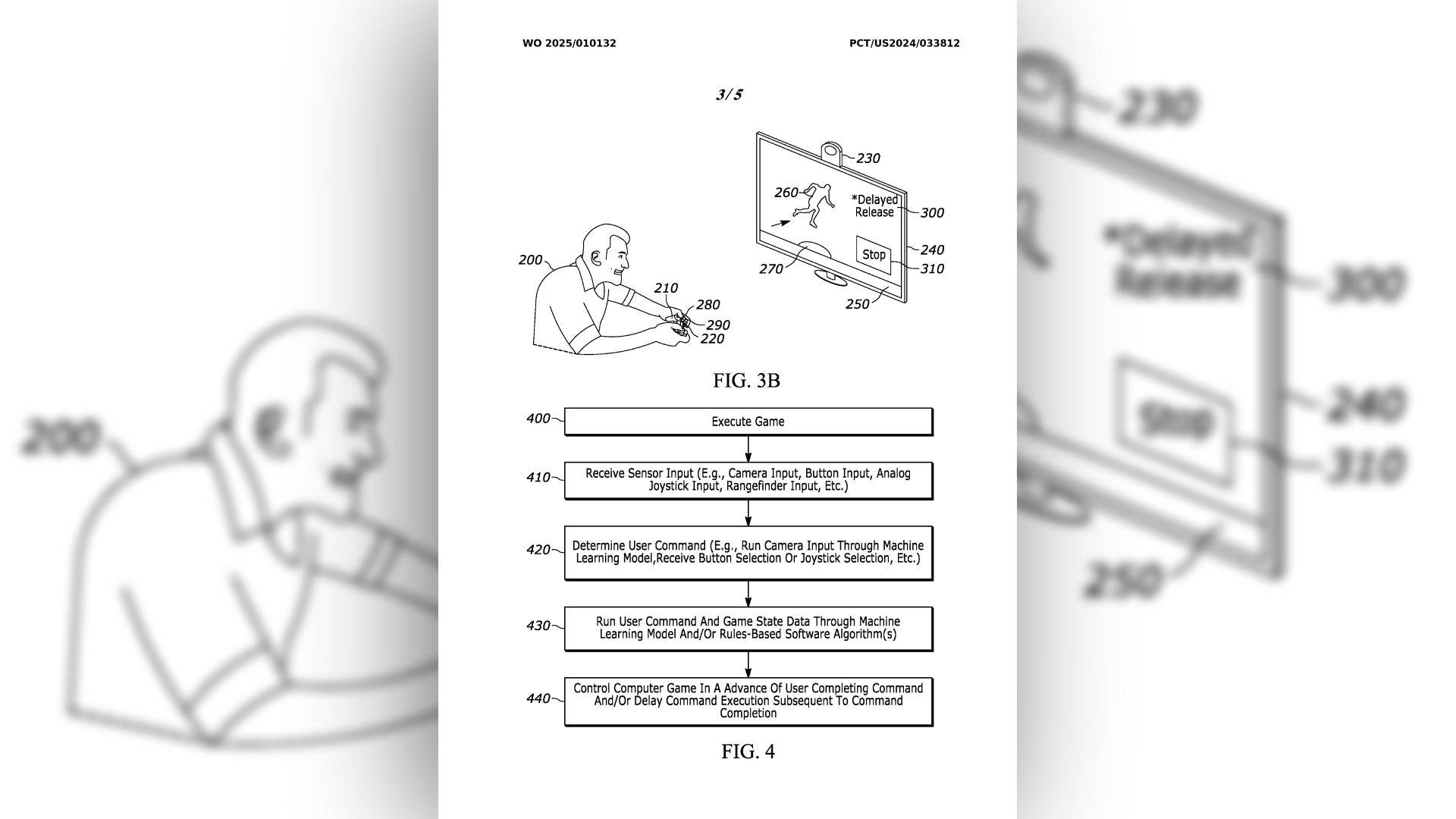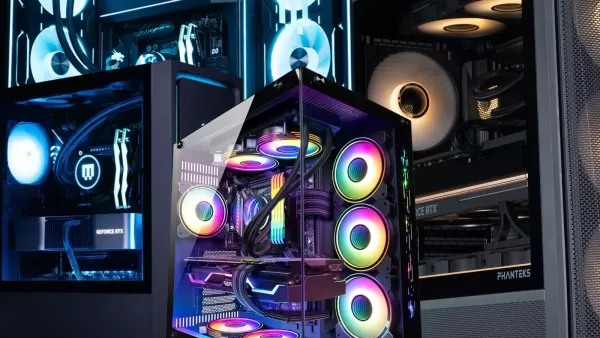Sony has recently filed a new patent, WO2025010132, titled "TIMED INPUT/ACTION RELEASE," which aims to reduce latency in future gaming hardware. This innovative approach involves using an AI model combined with additional sensors to predict and streamline user inputs, enhancing the responsiveness of games. This development comes on the heels of Sony's introduction of PlayStation Spectral Super Resolution (PSSR) with the PlayStation 5 Pro, which, while capable of upscaling to 4K, can introduce latency issues due to frame generation technologies.
Latency, the delay between a player's action and the game's response, can significantly impact gameplay, particularly in genres like twitch shooters where responsiveness is crucial. Sony's patent seeks to address this by predicting what button a player will press next, using a machine-learning AI model. The system could be aided by external sensors, such as a camera focused on the controller to anticipate user commands. The patent suggests that "camera input may indicate the first user command," offering a glimpse into how this technology might work.
Moreover, Sony hints at the possibility of using controller buttons themselves as sensors, leveraging their experience with analog buttons in past controllers. This could be a feature in next-generation hardware, although the exact implementation remains uncertain as patents often serve as exploratory ideas rather than definitive plans.
The gaming industry has seen similar efforts from GPU manufacturers like AMD and Nvidia, with technologies such as Radeon Anti-Lag and Nvidia Reflex designed to minimize latency. Sony's approach, if realized, could complement these efforts and further enhance the gaming experience, especially in light of popular rendering technologies like FSR 3 and DLSS 3, which can add frame latency.
While it's unclear whether this patent will directly influence the PlayStation 6 or other future hardware, it underscores Sony's commitment to improving game responsiveness and reducing latency. This could be particularly beneficial in real-world gaming scenarios where both high framerates and low latency are essential for competitive play.
 This new Sony patent could be a game-changer for PlayStation. Image credit: Sony Interactive Entertainment.
This new Sony patent could be a game-changer for PlayStation. Image credit: Sony Interactive Entertainment.








